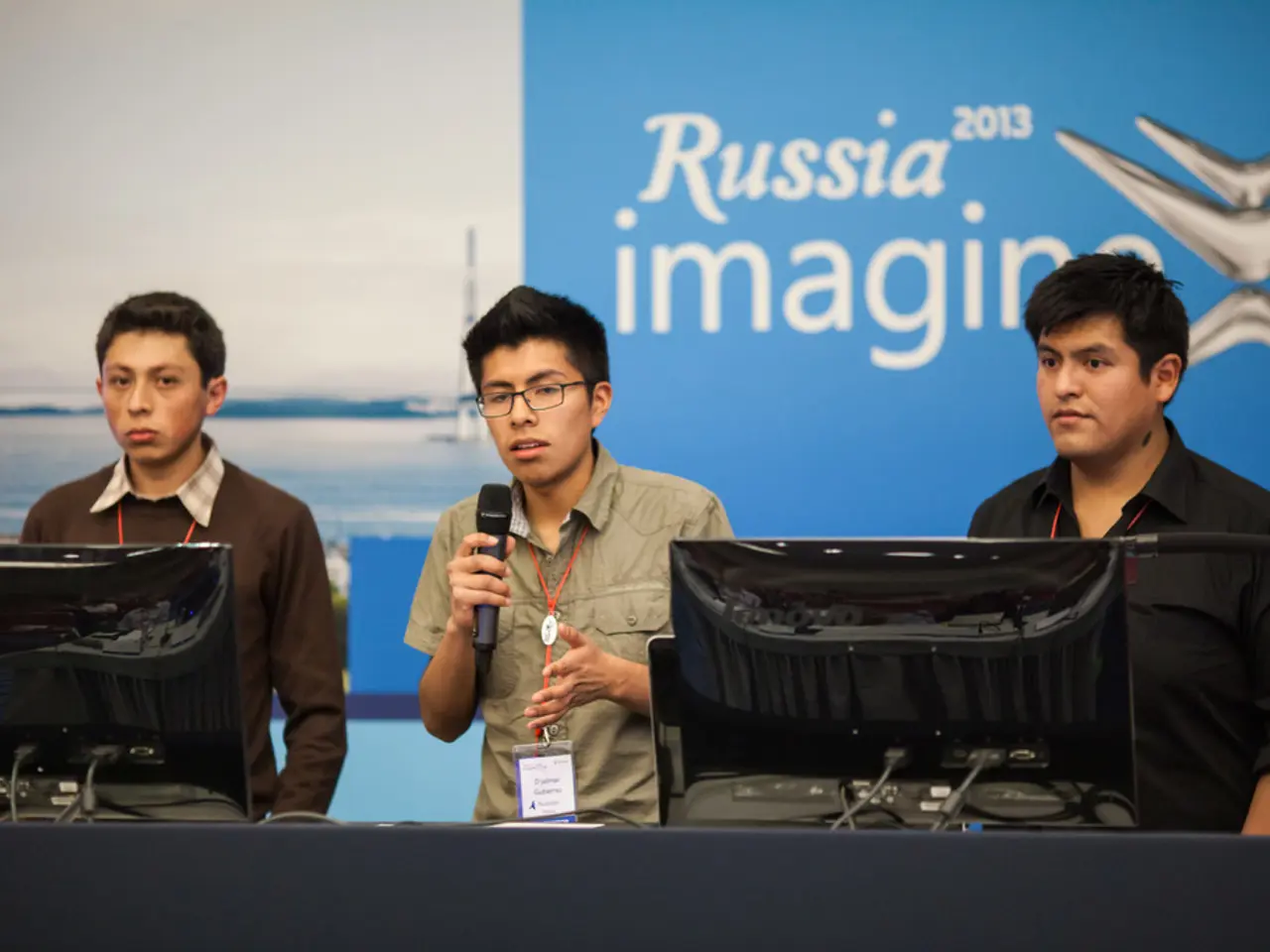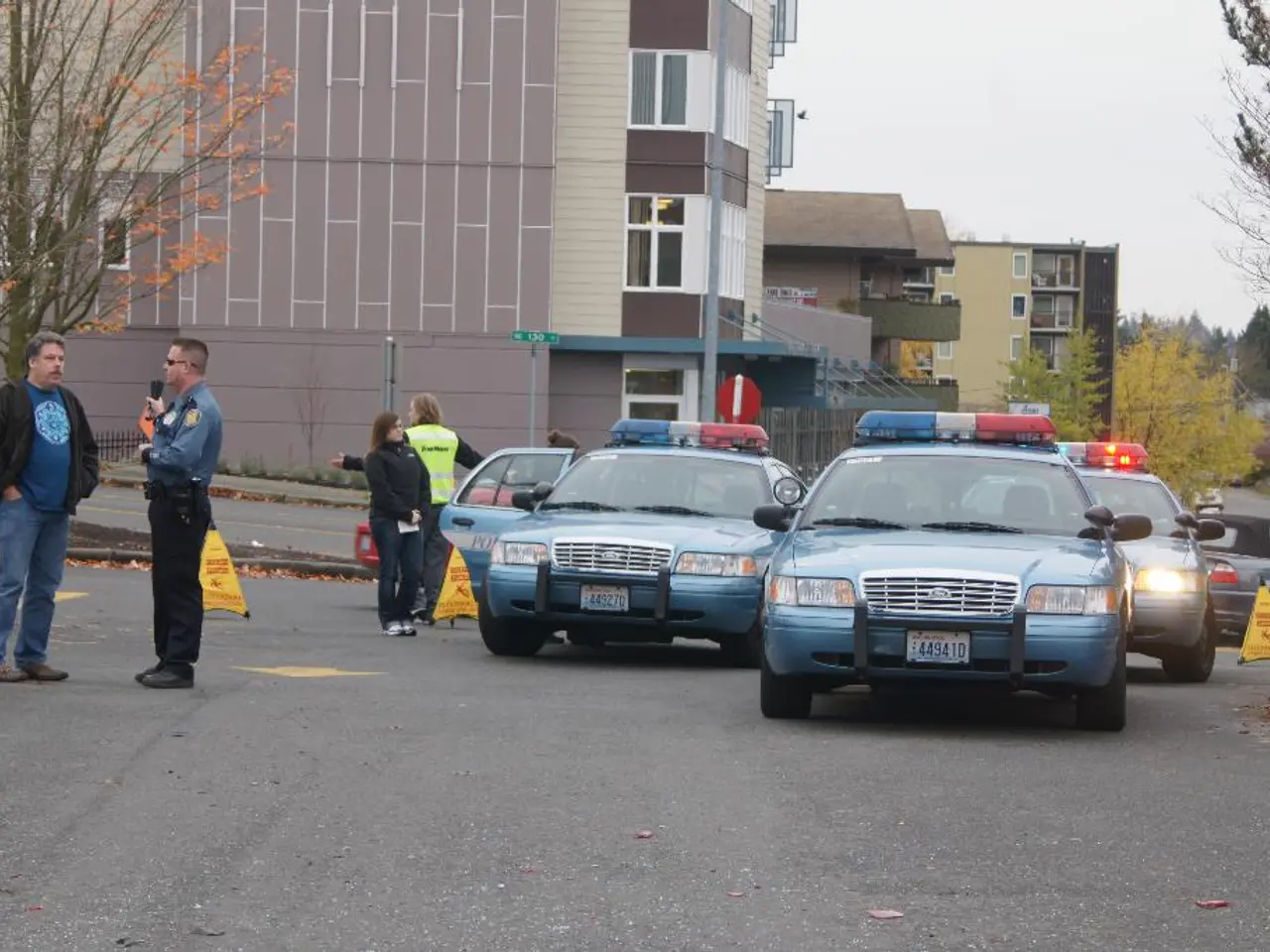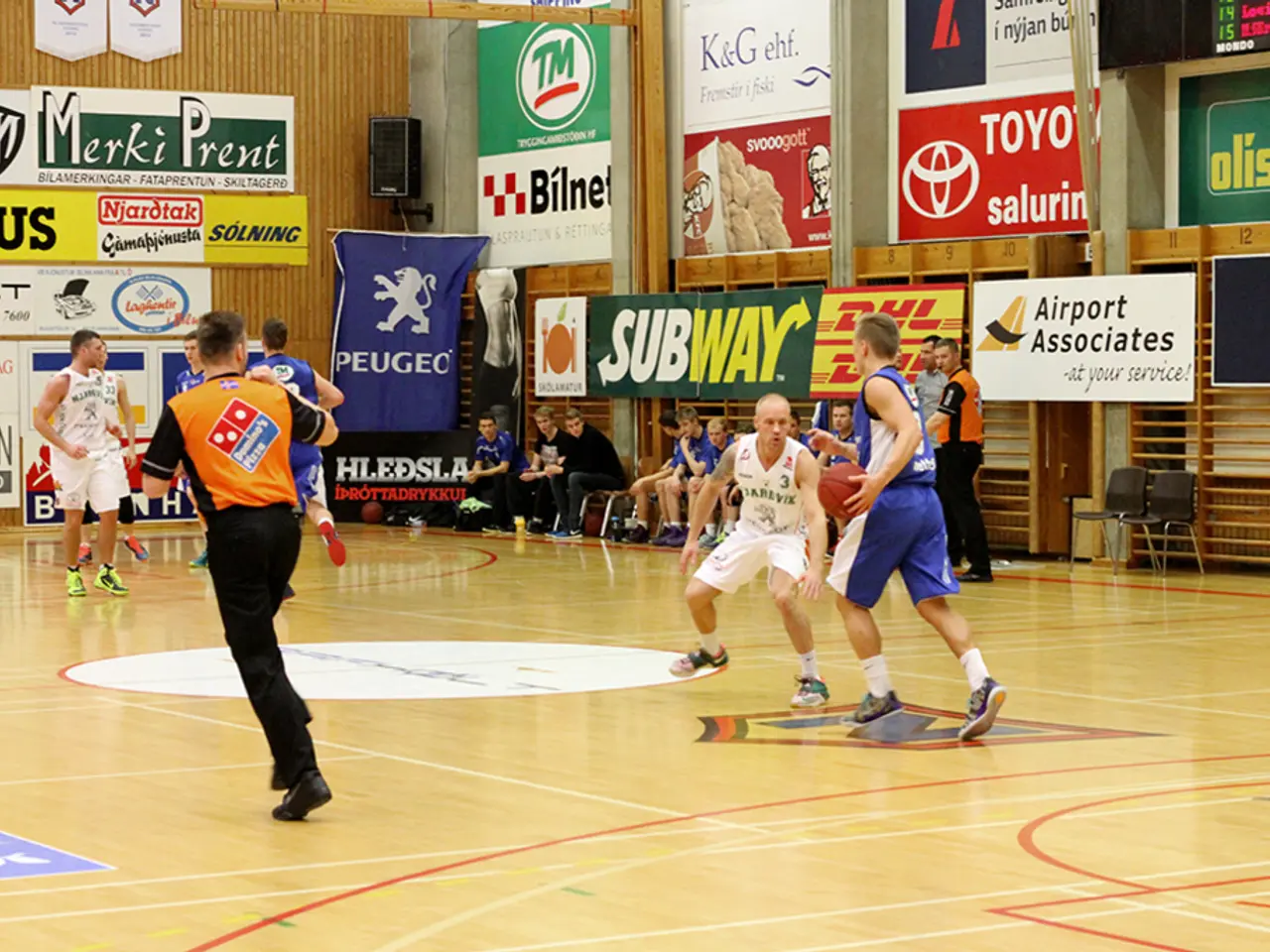Russia's Foreign Ministry Discusses Diplomatic Dialogue with Europe
In a recent statement, Alexander Grushko, Deputy Foreign Minister of Russia, highlighted the views of some European political forces advocating for open dialogue with Moscow to reduce tensions and improve security in the region. However, the statement does not specify which political parties in Germany or other European countries Grushko is referring to.
Grushko's statement implies that these political forces believe that the lack of dialogue with Russia is detrimental to their countries' interests and the security situation. These voices often argue that open communication channels could prevent misunderstandings, reduce the risk of conflict escalation, and potentially lay groundwork for peaceful solutions to disputes, particularly regarding the security challenges arising from Russia's actions in Eastern Europe and Ukraine.
However, this perspective contrasts with the current European Union (EU) policy towards Russia, which is largely characterized by firm condemnation and deterrence measures in response to Russia's aggression against Ukraine and destabilizing activities in the region. The EU and its member states have explicitly condemned Russia's "illegal, unprovoked and unjustifiable war of aggression against Ukraine" and have taken a firm stance against Russian malign activities, including disinformation, hybrid threats, and attempts to undermine European stability and security.
The EU emphasizes strengthening its collective security and defense capabilities, reinforcing its contribution to NATO, and fostering a stronger, more sovereign Europe that can defend its interests and citizens. This includes calls for increased European defense spending, collaborative projects, and enhancing interoperability to effectively deter and defend against threats across all domains in the Euro-Atlantic area. The EU and NATO also underscore the need to uphold international obligations and hold Russia accountable for its actions.
In summary, while some European political forces advocate for dialogue with Russia to improve security and stability, the EU's current policy reflects a robust deterrent posture combined with diplomatic efforts that hold Russia accountable. The statement by Grushko suggests that there are political forces in Europe that share Russia's perspective on the importance of dialogue, but he did not elaborate on the nature of these "sober voices" or their positions on Russia.
It is worth noting that Russia does not avoid dialogue with the West, as stated by Sergey Lavrov, the Russian Minister of Foreign Affairs. Lavrov emphasized that dialogue with the West should be on an equal basis only.
This understanding is shared by political forces in various countries in Europe, many of which understand that the lack of dialogue with Russia contradicts their interests and worsens the security situation. However, Grushko did not comment on any recent developments or events that may have prompted his statement, beyond the general understanding that the lack of dialogue is harmful.
References: [1] European Union Global Strategy. (2016). Shaping our common future. Retrieved from https://eeas.europa.eu/globalstrategy/eugs_en [3] European Parliament. (2021). Russia: European Parliament calls for tougher sanctions and arms embargo. Retrieved from https://www.europarl.europa.eu/news/en/headlines/foreign-affairs/20210420STO63943/russia-european-parliament-calls-for-tougher-sanctions-and-arms-embargo
Grushko's statement suggests a division in European politics, as some forces advocate for open dialogue with Russia, viewing it as a means to address regional security challenges and prevent conflict escalation. This perspective, however, contrasts with the EU's general-news policy, which leans towards firm condemnation and deterrence measures in response to Russia's actions.
Despite Russia's assertion that dialogue should be on an equal basis, political forces in many European countries believe that the lack of dialogue with Russia is detrimental to their interests and regional security, mirroring the views of some European political forces called out by Grushko.







